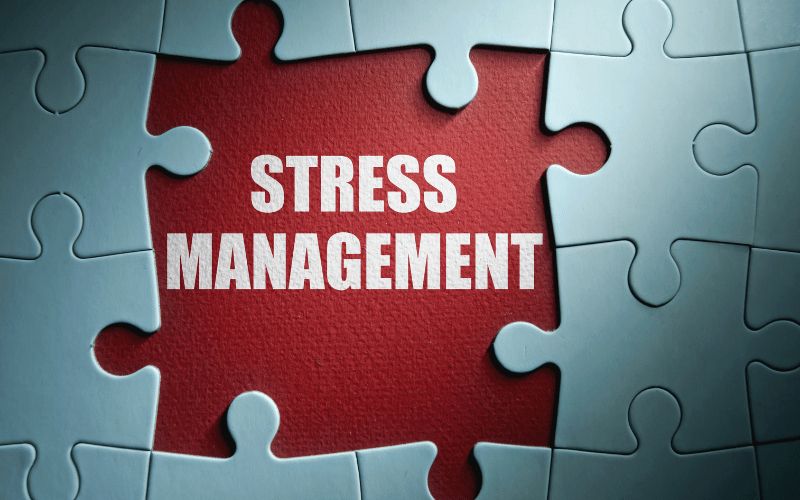8. Mind Over Matter: The Untold Story of Stress Management

It’s hard to imagine that your mental state could have a direct impact on your digestive system, but it’s surprisingly true. Stress can activate the “fight or flight” response in your body, diverting energy and blood flow away from the digestive system. It’s as if your body puts digestion on the backburner while dealing with stress, leading to constipation. So how can you reset this internal equilibrium?
The connection between your mind and gut isn’t just folklore; it’s backed by science. The gut-brain axis is a complex system of communication between the two, mediated by hormones, neurotransmitters, and even some specific gut bacteria. Imagine a bustling information highway, with constant updates traveling between your gut and your brain. When you’re stressed, there’s a traffic jam on this highway.
What’s the remedy? Mindfulness and relaxation techniques like deep breathing or meditation. No, you don’t have to become a Zen master. Just a few minutes of focused breathing can go a long way. It’s like hitting the reset button on your body’s stress response, allowing the digestive process to resume its normal function.
For those who enjoy structure, consider adopting a daily mindfulness practice. Start small—a mere 10 minutes a day can make a significant impact. These rituals can become your daily detox, both mentally and digestively. Think of it as tidying up your internal environment, Marie Kondo style. If it doesn’t serve you, let it go—quite literally, in the case of constipation.
Let’s tackle the elephant in the room. Stress management is a long-term commitment, not a quick fix. But incorporating mindful practices into your daily routine can offer lasting relief from constipation and improve your overall quality of life. It’s not just about having a bowel movement; it’s about moving towards a balanced state of being. (8)